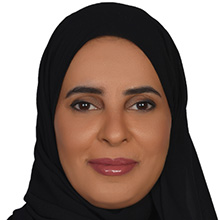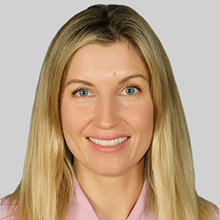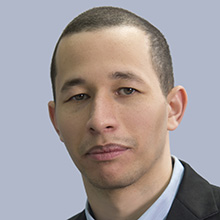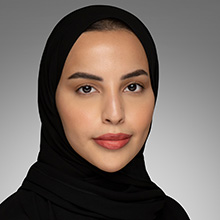
Education has been in the midst of a global transformation effort for quite some time. While education reform has been a central focus for decades, in the last five years especially the conversation has shifted from reform to redesign—to transforming our fundamental model of teaching and learning from the “sage on the stage” model that emphasizes the acquiring of knowledge, to learner-driven personalized learning. The drivers for this deep change include global shifts in workforce skills and societal demands, mounting evidence on the science of learning and what environmental factors most effectively support learning, as well as the impact of emerging technologies which are revolutionizing the field with their ability to offer more personalized approaches to teaching and learning in alignment with learning sciences research. Taken together, these convergent factors create the context and the conditions and the call for the redesign of education and schooling to meet the needs of learners today and in the future.
In February 2020, WISE launched the WISE Innovation Hub as a platform and research collaborative to support schools in their effort to design their way to the future. Over the course of more than a year, the WISE Innovation Hub worked with three schools of varying demographics and geographical locations, to set up their own “Innovation Labs” – a research, development and innovation unit embedded inside a school to propel the design and implementation of future-focused structures to address critical learning issues, including those related to curriculum, teaching, assessment and learner outcomes. Although this initiative was established before the COVID-19 pandemic, it became a timely mechanism for understanding rapid transformation and innovation in practices at a time requiring this of most schools globally. For more information about the project and the outcomes of this research and school capacity-building project, read the full report here:
Authors
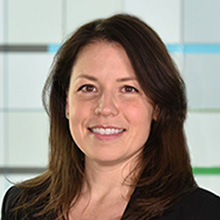
Jennifer Groff, Ph.D.
Founder, Learning Futures Global
Jennifer is an educational researcher, designer, and
engineer, whose work focuses on redesigning learning environments and education systems. She is the founder of Learning Futures Global, which supports schools around the world in designing for modern learning. In 2020-21, she was the Research Fellow at WISE, where she led the development and implementation of the WISE Innovation Hub.
Asmaa Al-Fadala, Ph.D.
Director of Research and Content Development, WISE
Asmaa Al-Fadala is the Director of Research and Content Development at WISE. She has twenty years of professional experience in K-12 education and higher education, and was recently a visiting fellow at Northwestern University in Evanston, Illinois. Prior to joining WISE in 2014, Dr. Al-Fadala was an associate policy analyst at the RAND-Qatar Policy Institute.
Julia Kirby, M.A.
Manager of Research and Content Dissemination, WISE
Julia is the Manager of Research and Content Dissemination at WISE. Ms Kirby has over 15 years’ experience working in the education sector. Prior to joining WISE in 2019, Ms Kirby served as the Education Advisor at the U.S. Embassy Qatar where she managed the education diplomacy portfolio for Qatar for the U.S. Department of State.
Omar Zaki
Senior Research Associate, WISE
Omar is a Senior Research Associate at WISE, where he contributes to the organization›s events, research publications and programmes. Prior to his current position, Omar interned at the United Nations Economic Commission for Africa (UNECA) where he was based in the Governance and Public Sector Management section of the Macroeconomic Policy Division.
Maryam Al-Khalaf
Research Associate, WISE
Maryam is a Research Associate at WISE, an initiative
of Qatar Foundation. Maryam’s main research
focus is on wellbeing in education and learning sciences. Maryam’s background is in International relations and politics and holds a Bachelor›s degree in International Politics from King’s College London. Her senior thesis focused on the implementation of austerity policies in the United Kingdom.



